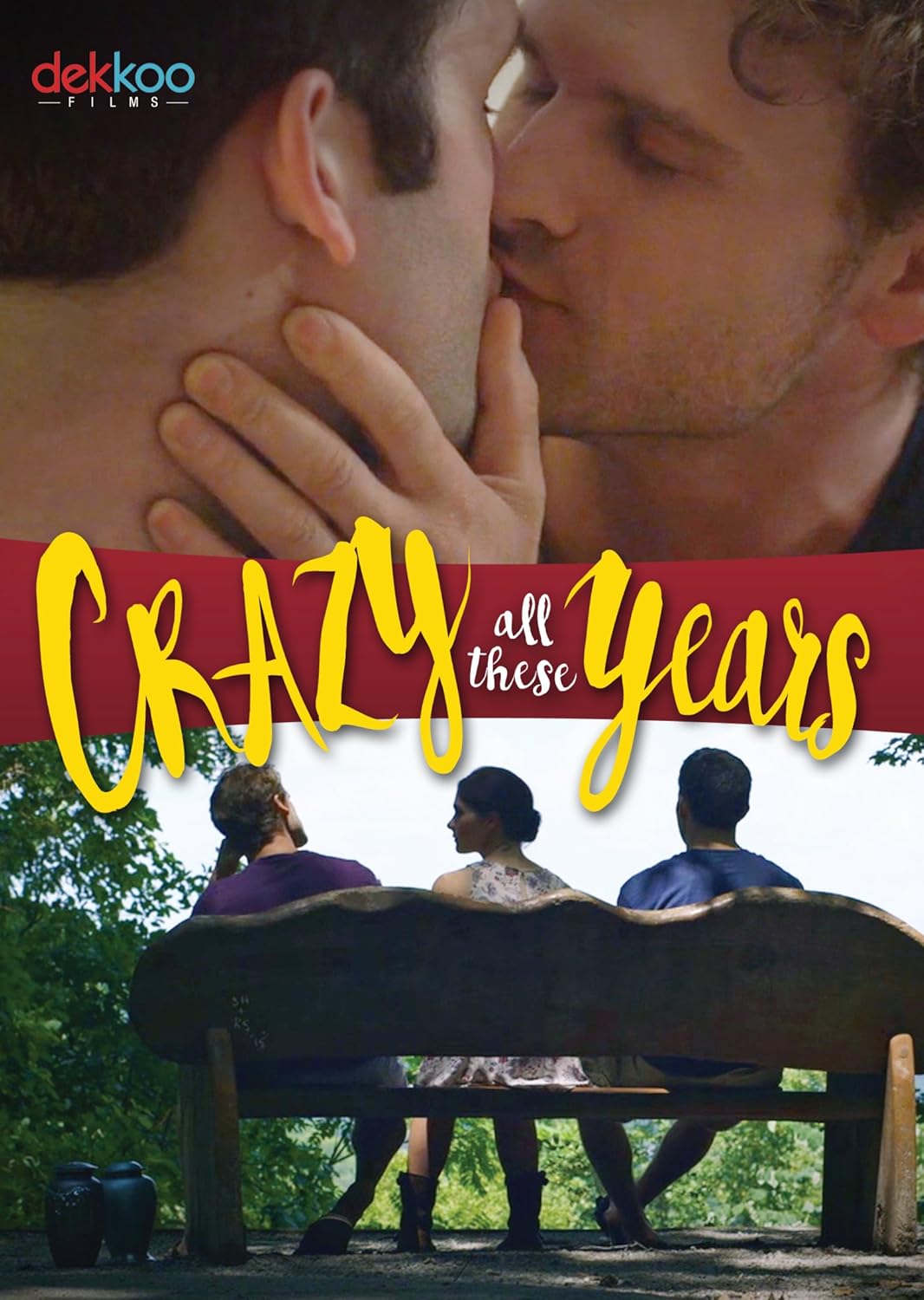The recentish Warner Archive Blu-ray release of the 1951 Robert Ryan/Ida Lupino (who also co-directs) noir psychological drama "On Dangerous Ground" awesomely breathes new life into a film with dream teams in front of and behind the camera. Orson Welles peer John Houseman is the producer; co-director Nicholas Ray clearly use this film as a prototype for "Rebel Without A Cause," and the frantic score that accompanies a treacherous car chase has composer Bernard Herrmann (who provides the "Psycho" score) written all over it. The gaggle of actors (rather than merely movie stars) who join Ryan and Lupino in bringing the visions of Houseman, Ray, and Herrmann (oh my!) to life include Ed Begley Sr. and Ian Wolfe.
The following YouTube clip of the SPOILER-LADEN theatrical trailer for "Dangerous" is a good example of such promos for 50s-era noir films.
Ryan plays hard-boiled city cop Jim Wilson, who already is burned out before a frustratingly prolonged search for a pair of cop killers further stresses him. As Wilson laments (and Archive points out on the back cover of the Blu-ray) while beating a subject, he does not want to beat that scumbag whom Wilson and that "upstanding citizen" know is going to talk anyway.
Other great insight into the life of a cop comes in the form of a (seemingly newlywed) married partner of Wilson going to pick up their family man colleague before collecting lone wolf Wilson at his sparse bachelor pad. This shows that the boys in blue simply are working stiffs and often have one or more mouth to feed.
The mouthpiece of the reluctant witness raising a stink requires that the police captain of Wilson chastise his underling essentially only for not demonstrating some restraint. This informal chat also includes warning Wilson to behave better in the future.
Wilson providing another beat down soon after being told to not pummel members of the general public too badly shows that maybe his momma did raise a fool; this leads to the popular punishment/life lesson in films of this nature of being sent to a rural community to participate in the investigation of the murder of young woman.
A rapid break in the case sends Wilson and the revenge-driven father of the victim in pursuit of the prime suspect; this chase ends at the home of spinsterish Mary Malden; despite circumstantial evidence to the contrary, Mary denies that the fugitive from an interrogation and/or shotgun blast to the pumper is en casa.
Wilson and Mary bond as Dad goes out hunting for the most dangerous prey of all; this ultimate puts Wilson in the middle of a confrontation that both is very reminiscent of "Rebel" and adds a layer of meaning to the title of "Dangerous."
"Dangerous" further is notable for the twists near the end of the film; the audience thinks that it knows the extent to which Wilson essentially learns the true meaning of Christmas after getting a sense of the wonderful aspects of life only to have one more rabbit emerge from the hat.
The BD extras consist of commentary by film historian Glenn Erickson and the theatrical trailer for "Dangerous."
Anyone with questions or comments regarding "Dangerous" is welcome to email me; you also can connect on Twitter via @tvdvdguy.






















